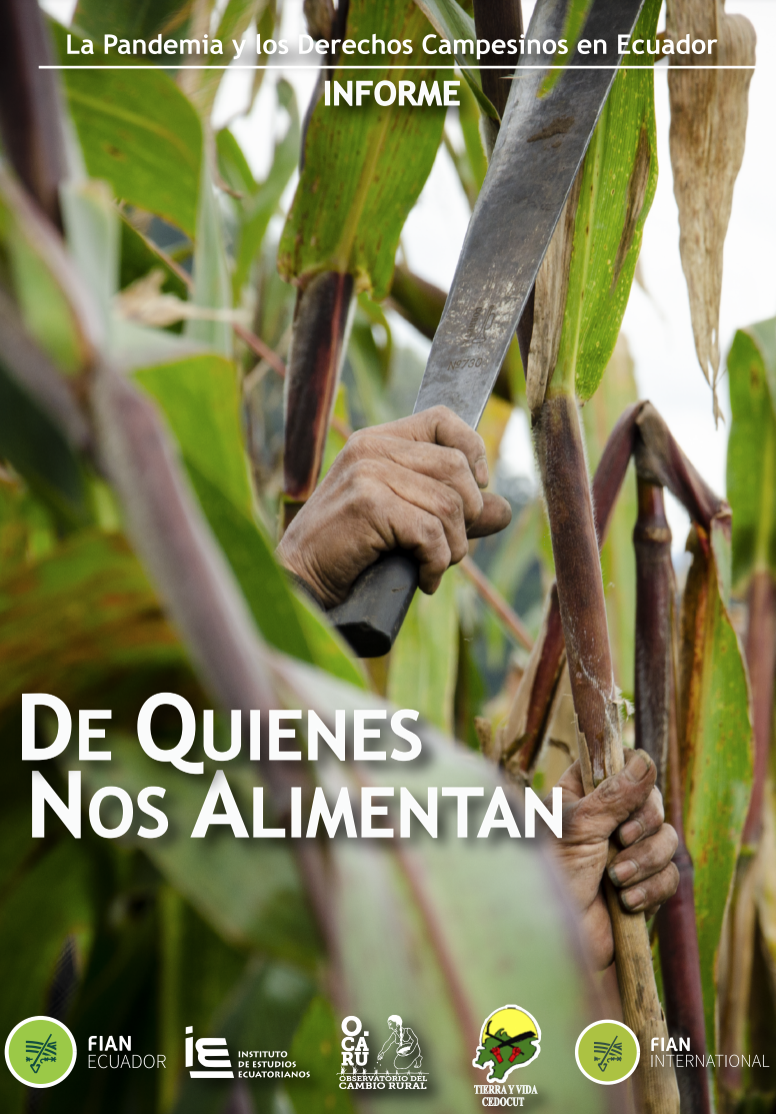Inter- and intra-farm land fragmentation in Viet Nam
This paper uses panel data at commune, household, and plot levels to study the causes and effects of agricultural land fragmentation in rural Viet Nam. We focus on both inter-farm fragmentation (the division of land into many small farms) and intra-farm fragmentation (the division of each farm into many small plots). In both these dimensions, land holdings in Viet Nam are highly fragmented. Results show strong effects of both inter- and intra-farm fragmentation on labour input per hectare in agriculture.


